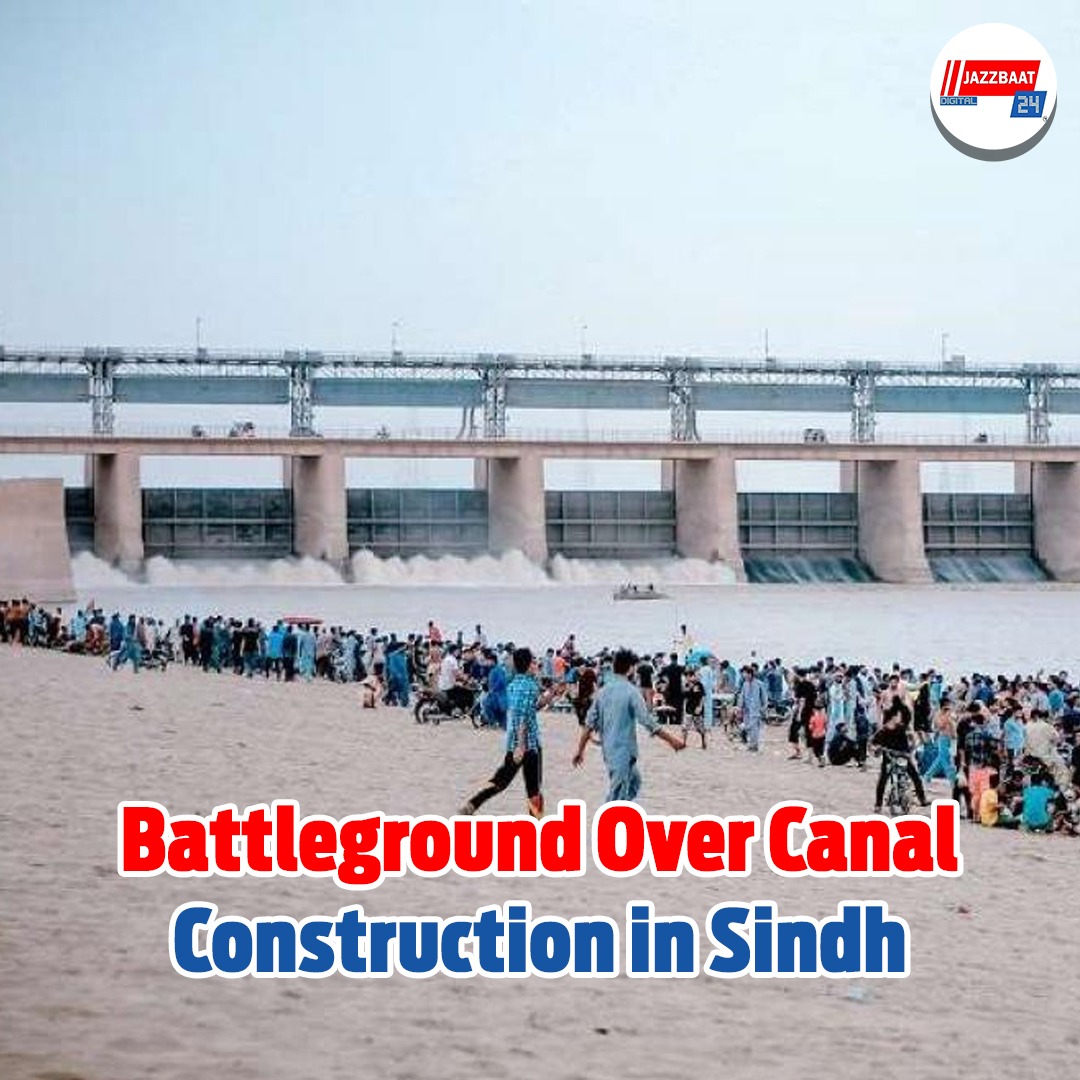
The political and social unrest in Pakistan has reached such a level that the situation has practically become a fire. On one hand, terrorism and separatist movements are rising in Balochistan, on the other hand, Sindh province is burning. Thousands of ordinary people have taken to the streets against the controversial canal construction and corporate agriculture project. The protesters allege that this project is a conspiracy to divert water from the Indus and take it to Punjab and other regions.
This anger has reached such an extreme that the workers, who were angry at not getting water, set fire to the house of Sindh Home Minister Ziaul Hassan Lanjar. Not only that, they also burned the houses and furniture. When the minister's personal guards arrived, the protesters also attacked them. In self-defense, the guards opened fire in the air. Even after this, the situation did not come under control.
The protests in Moro taluka of Nowshero Feroze district became so intense that the entire area turned into a battlefield. At least two protesters lost their lives and many civilians were injured in clashes with the police. Local media outlet 'The Tribune Express' reports that the protesters not only set fire to government property but also to trucks and vehicles on the highway. There were also reports of looting in some areas.
The main reason for this whole situation is the Cholistan Canal Project. The Shahbaz Sharif government at the center plans to build six canals on the Indus River to facilitate irrigation in the desert region of Cholistan. But this decision is being strongly opposed by the PPP-led Sindh government and other political and farmer organizations in the province. They claim that the project will further deprive the farmers and common people of Sindh of water. The PPP alleges that the center wants to give special privileges to Punjab and ignore Sindh.
This political and social conflict is gradually taking a terrible shape. The police are taking strict steps to suppress the protests, but the situation is becoming more complicated. The public anger has increased further as a result of arrests, shootings, and deaths. As a result, Pakistan's internal affairs have practically become heated.
Analysts believe that Pakistan's internal politics are currently moving towards a stalemate. On the one hand, the conflict between the center and the provinces, on the other hand, the anger of the common people - all of them are worrying. If this instability continues, it could have a long-term impact on the security and stability of the entire country.